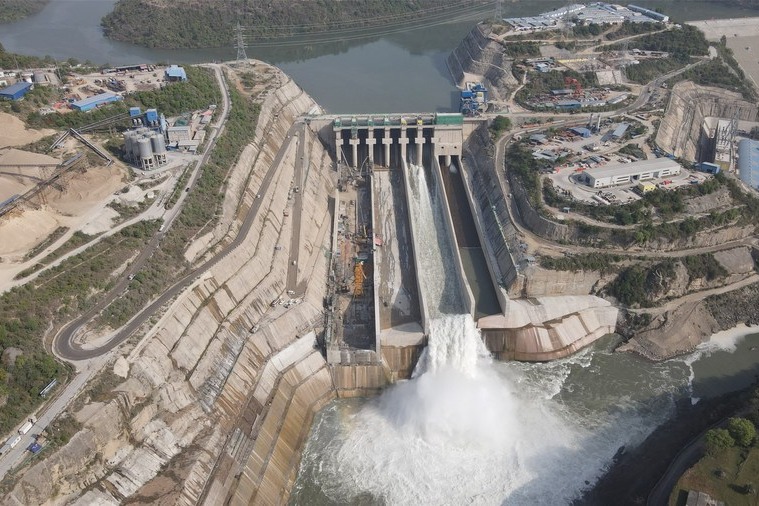Climate change sees old vine types revived

Winemakers in Spain are working to identify grape vines more suitable to coping with rising temperatures, which have laid bare a crop that is particularly sensitive to environmental changes.
The winemaking industry in Europe has been forced to face the challenge of climate change, and researchers have been studying adaptation strategies for sustaining production. Ancient grape varieties that take longer to ripen are among those offering hope to the sector, The Guardian newspaper reported.
Last summer was the hottest in Spain since record-keeping began in 1961, and since 2015 the country has faced four of its hottest years ever.
Rising temperatures mean grapes have been maturing faster, which can compromise the character of wines, reported Reuters news agency.
Experts say the current vine crops yield grapes that are not producing wine that has the correct color or aroma, or their alcohol content is too high.
Spain's wine industry is valued at over 5 billion euros ($5.3 billion), it is the world's third-largest wine producer after Italy and France, and is the leader in exports and vineyard surface area, noted Reuters.
Last year, the United Nations Intergovernmental Panel on Climate Change warned of the risk that Europe will suffer "losses in crop production due to compound heat, dry conditions and extreme weather".
Producers in Spain are working with specialist laboratories to find a climate-resistant vine, as scientific investigation becomes a key component of wine production.
The Vine and Wine Research Institute, located in the renowned winemaking region of La Rioja, has determined that vines aged 35 years and older appear to cope better with climate change because they are more genetically diverse.
Pablo Carbonell, a genetics researcher at the institute, told Reuters the laboratory's mission is to ensure winemakers plant specific vines proven to be "more adaptable to climate change conditions".
Winemaker Miguel A Torres, who runs the Familia Torres vineyard near Barcelona, told The Guardian that "climate change is the worst threat the sector has ever faced. In the 19th century we had the phylloxera plague that wiped out vineyards across Europe. This is much worse".
Torres said he has found uncommon grape varieties, more frequently used in the ancient past, could play a key role in tackling the challenge. He noticed some forgotten grape varieties take longer to ripen, and realized they might be more suitable for handling the changing climate.
Jose Antonio Rubio Cano, a researcher at the Agrarian Technological Institute of Castile and Leon, in northwestern Spain, told The Guardian that as the industry adapts to a changing climate, the adoption of ancient grape varieties is just one part of the effort needed.
"There's no one solution," he said. "It has to be a set of things; we have to pay more attention to the vines, be more aware of how their fruits are ripening and we need to develop a deeper understanding of the vineyard and the different varieties."



































